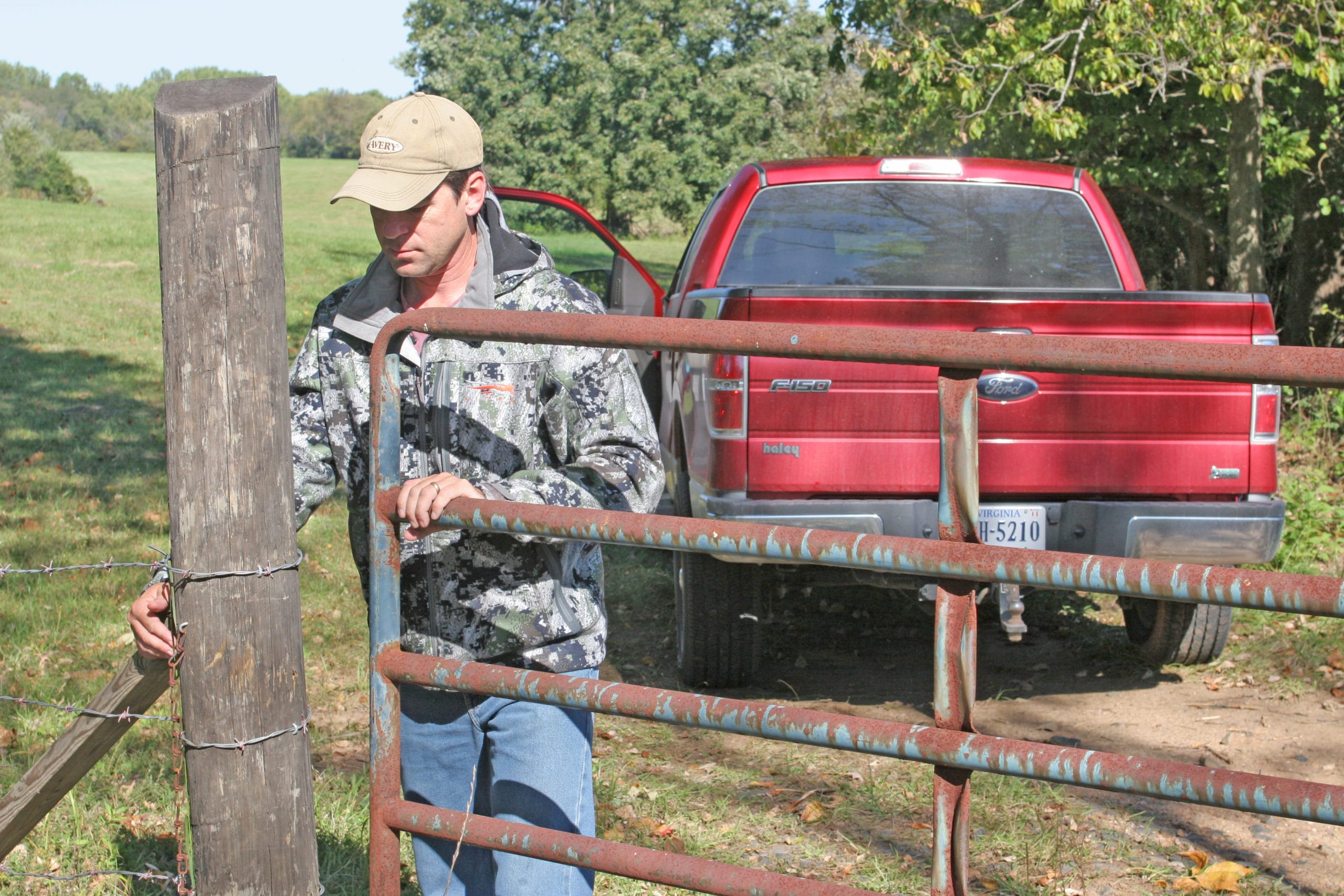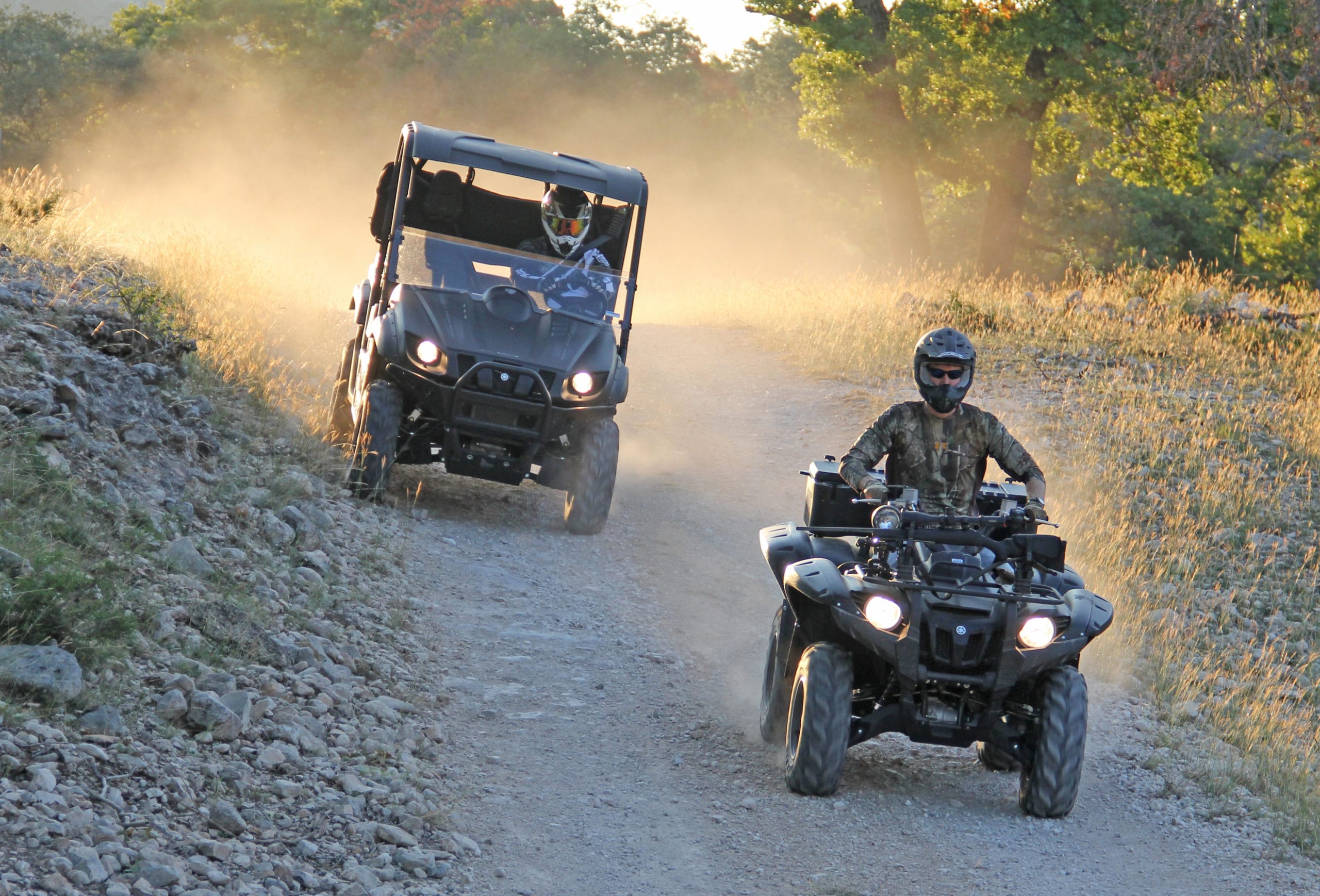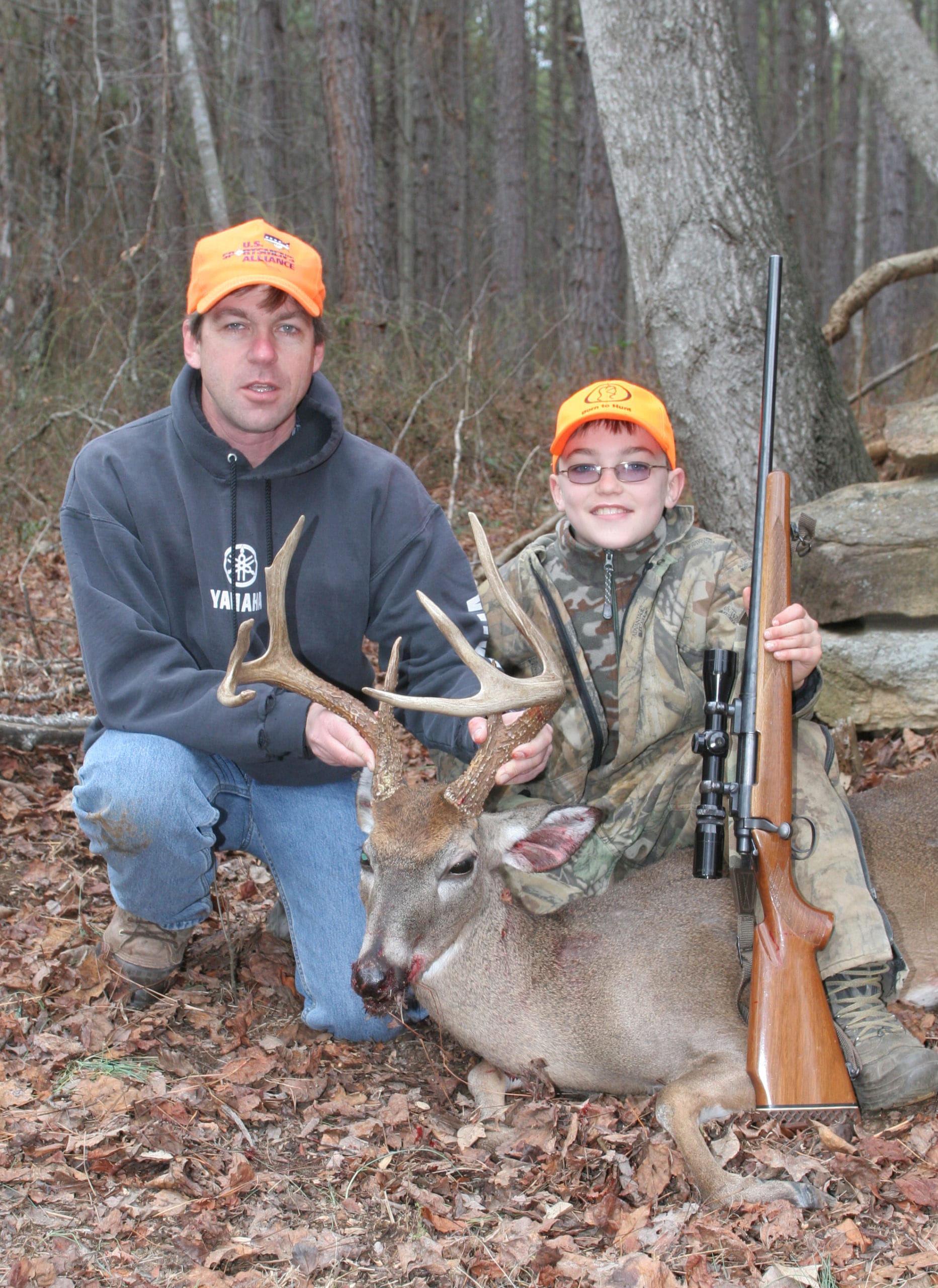by David Hart
Jared Nelson was shocked to watch a fellow hunter plop down at the base of a tree just 50 yards away.

Some hunters don’t like the idea of leasing, but it can provide a place to hunt without the hassles of public land. It’s essentially your own land without the monthly payments or upkeep.
Rifle season was in full swing, and Nelson wasn’t surprised to see another hunter. It was public land. He was stunned, however, that someone would be so bold to sit so close without concern for another hunter.
“That was the last straw. I hunted public land pretty much all my life, but I started having too many run ins with other hunters. I couldn’t take it anymore,” he says.
Instead of giving up his passion, he decided to join a growing trend within the hunting community. He leased the hunting rights to a 120-acre farm less than an hour from his home. Nelson, an electrician from central Virginia, couldn’t afford to buy land, but he came to the conclusion that leasing was the best way to have a place of his own without the massive expense of buying land.
I hunting-land lease isn’t necessarily cheap, either, but find a few willing friends to split the cost, and it can be downright reasonable. He and three friends pay the landowner $600 each to lease the hunting rights.
“Six hundred bucks a year for my own place with a couple of friends is really pretty cheap. I don’t have to deal with strangers, I can come and go as I please, and the landowner actually lets us plant food plots,” he says.
How Much?

Make sure the landowner allows ATVs or other off-road vehicles. Some may be concerned about the liability or the potential damage to fields.
Lease rates vary not just by region, but by the quality of the land and the amount and quality of the game.
A farm in the big buck regions of Iowa, Illinois or Kansas tend to command a higher price than a pine plantation in North Carolina, which isn’t known for trophy-class bucks. Land closer to heavily-populated areas will also cost more. So will a farm with a variety of game species.
One of the best ways to determine a lease rate, arguably one of the only ways, is to ask around. Talk to hunters in the area to learn what they are paying. Or you may simply be at the mercy of the landowner. Nelson’s landowner asked for $20 per acre.
Be Warned
A handshake sealed the deal seven years ago and Nelson and his friends have been hunting there since then. They had trouble with trespassers the first year or two. The landowner did not live on the farm, so neighboring hunters treated the land as if it was their own.
“A couple of the guys that hunted there without permission stayed out after I had a friendly chat with them, but we had to call the game warden on one guy who kept sneaking onto the land. That finally ended any problems,” he recalls.
Some hunters may have permission, even if you’ve leased the hunting rights. It’s not out of the question for landowners to allow their family members or farm hands to continue to hunt, so make sure you ask before you hand over a check. That’s not always a problem, but it might be, particularly if the other hunters are constantly on the land or have no desire to participate in your management efforts.

A lease can give you a place to take your children without having to be concerned about other hunters.
It’s also wise to discuss specific activities you can and can’t do and species you can hunt. Ranches in Texas often get leased for specific game animals. A single ranch may be leased to three or four different groups of hunters, each with exclusive rights to hogs or deer or exotics or some other specific animal.
Again, ask detailed questions. While many farmers are willing to agree to lease hunting rights just on a handshake, it’s not a bad idea to spell out the specifics in some sort of contract.
Where To Begin?
Finding a place to lease is perhaps the most difficult part of leasing. Nelson admits he got lucky. The land he leases is owned by a friend of his mother.
“I mentioned my experience on public land to her and she told me about this guy she knew. I called him and told him I’d like to lease it. He was all for it,” he says.
Other hunters simply spend time driving back roads and knocking on doors. They get rejected frequently, but it can produce results. Others post flyers in small-town and rural gas stations or diners, while some place ads in small newspapers.
Networking is also a great way to find a lease. Sportsmen’s banquets like those held by Ducks Unlimited, the National Wild Turkey Federation and others are filled with hunters who are already on a lease. They may have an opening or you may meet someone who knows someone who has a friend that owns land. The more you get the word out about your desire to lease hunting land, the better your chances of finding a place of your own.
The Union Sportsmen’s Alliance website is designed to provide valuable articles about hunting, fishing and conservation for members of AFL-CIO affiliated labor unions and all sportsmen and sportswomen who appreciate hunting and fishing and want to preserve our outdoor heritage for future generations. If you would like your own story and experience from the outdoors to be considered for our website, please email us at [email protected].



